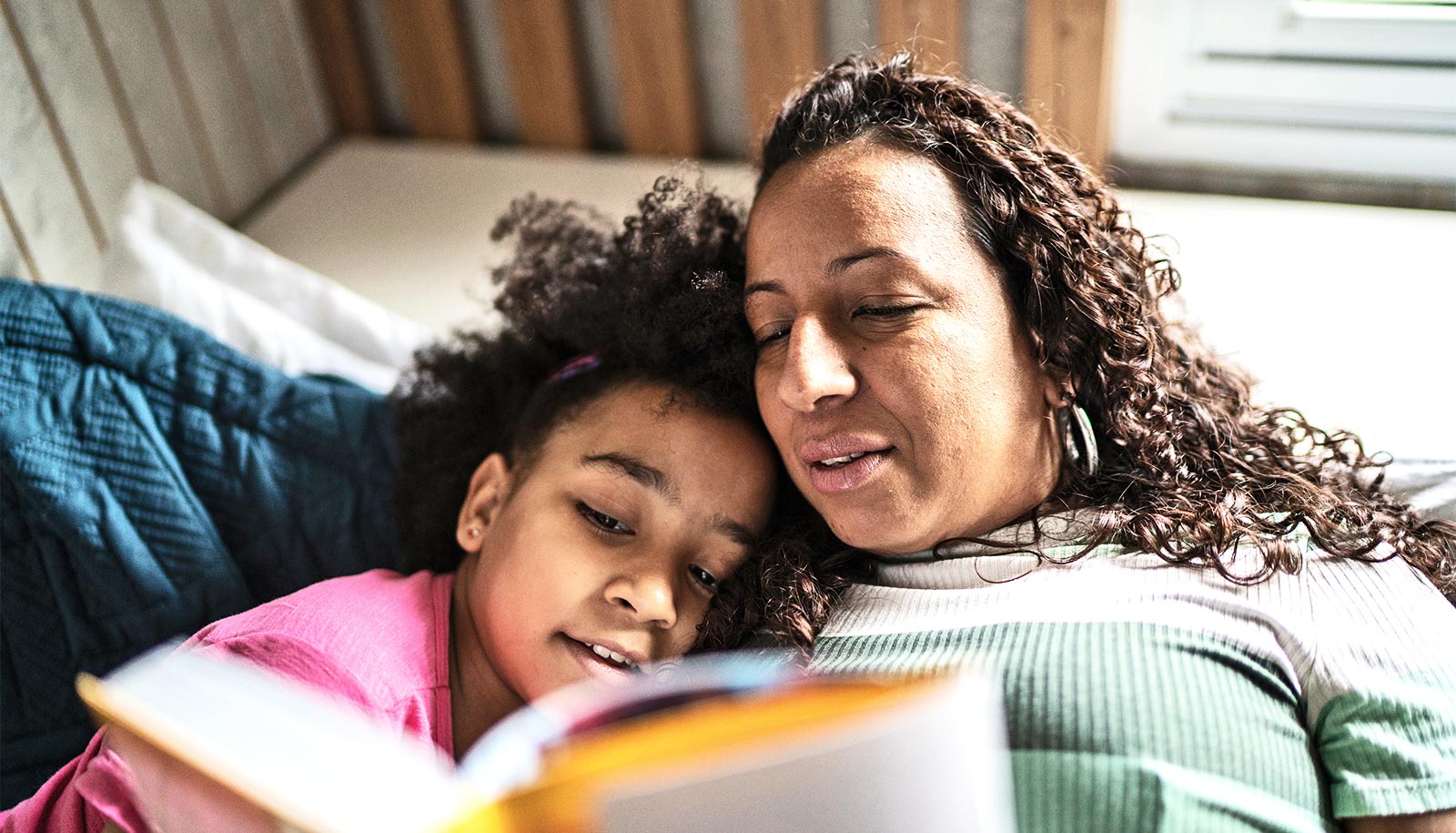Last week, law enforcement officials in Riverside County, California discovered 13 siblings, malnourished and allegedly held captive, living in squalid circumstances in their parents’ home. The father had registered his home as a school and the children were reportedly homeschooled.
“…many states do not require any assessments or have any means of ensuring that children are taught the required courses or even receive meaningful instruction…”
The case raises questions about state oversight of children in alternative schooling and how to identify child endangerment. Public schools can offer a refuge to children in abusive homes—a place where a teacher or nurse might notice that something is wrong. But what about children outside of that public institution?
In this interview, Stanford University’s Bill Koski, professor of clinical education and founding director of the Youth and Education Law Project at Stanford Law School, and Michael Wald, professor of law, discuss the law and homeschooling:
Is education federally mandated in the US for all children up until the age of 18?
Wald: No, not federally. It is mandated by each state. There is nothing that says that at the federal level.
Koski: No. All states have a compulsory education law that requires school attendance beginning at a certain age (usually five or six years old) through a certain age or grade level completion (usually sixteen or seventeen years old).
Is homeschooling allowed throughout the US?
Wald: I think every state allows homeschooling. The thing is that state laws differ on the degree of regulations and oversight. So some states set out curriculum, some set out information to be required, and some are lax. There are several million children homeschooled in the states at any one time.
Koski: Nearly all states either explicitly authorize or at least permit homeschooling. As Professor Wald mentions state laws differ in the nature and degree of regulation of homeschooling, including regulations regarding parental education requirements, required subject matter/curriculum, required assessments, vaccination requirements, and even notification of public school officials that children are being homeschooled.
California, for example, does not have a homeschooling law. Rather, parents “homeschool” their students under the rules for (home-based/satellite) private schools, independent study, or private tutoring.
How much oversight is there of homeschooled children?
Wald: There is no federal oversight and whatever state oversight there is depends on each state’s regulations. There is always some oversight, but it could be a state with limited regulation.
Koski: Right, there is no federal oversight, and state and local oversight varies significantly among jurisdictions. For instance, many states may require that certain subjects be taught, but, even among those states, most do not have a method to ensure that the subject matter has been taught or that students have achieved any level of proficiency in the subject.
Are there periodic visits by state officials to the home? Do the children sit exams away from the home?
Koski: Most states do not have periodic home visits or inspections, many do not require periodic assessments, and, in some states, homeschool students are never assessed.
Wald: Not necessarily. A homeschooled child has to get a number of hours in for education, at least in California. Some homeschool kids can also participate in sports teams, as is the case in California. But there’s a lot of variation.
How are academic standards evaluated for homeschooled children?
Koski: In many states, homeschooled students are not assessed for proficiency on state standards and, if they are, there are rarely any consequences for failure to achieve proficiency.
Is there any tracking of children in neighborhoods to school enrollment? How would local authorities know if a child is not being educated?
Koski: Many states require that notice be given to local public school officials before withdrawing children from school and some states require that notice to be updated annually.
As I mentioned above, however, many states do not require any assessments or have any means of ensuring that children are taught the required courses or even receive meaningful instruction.
Source: Sharon Driscoll for Stanford University



